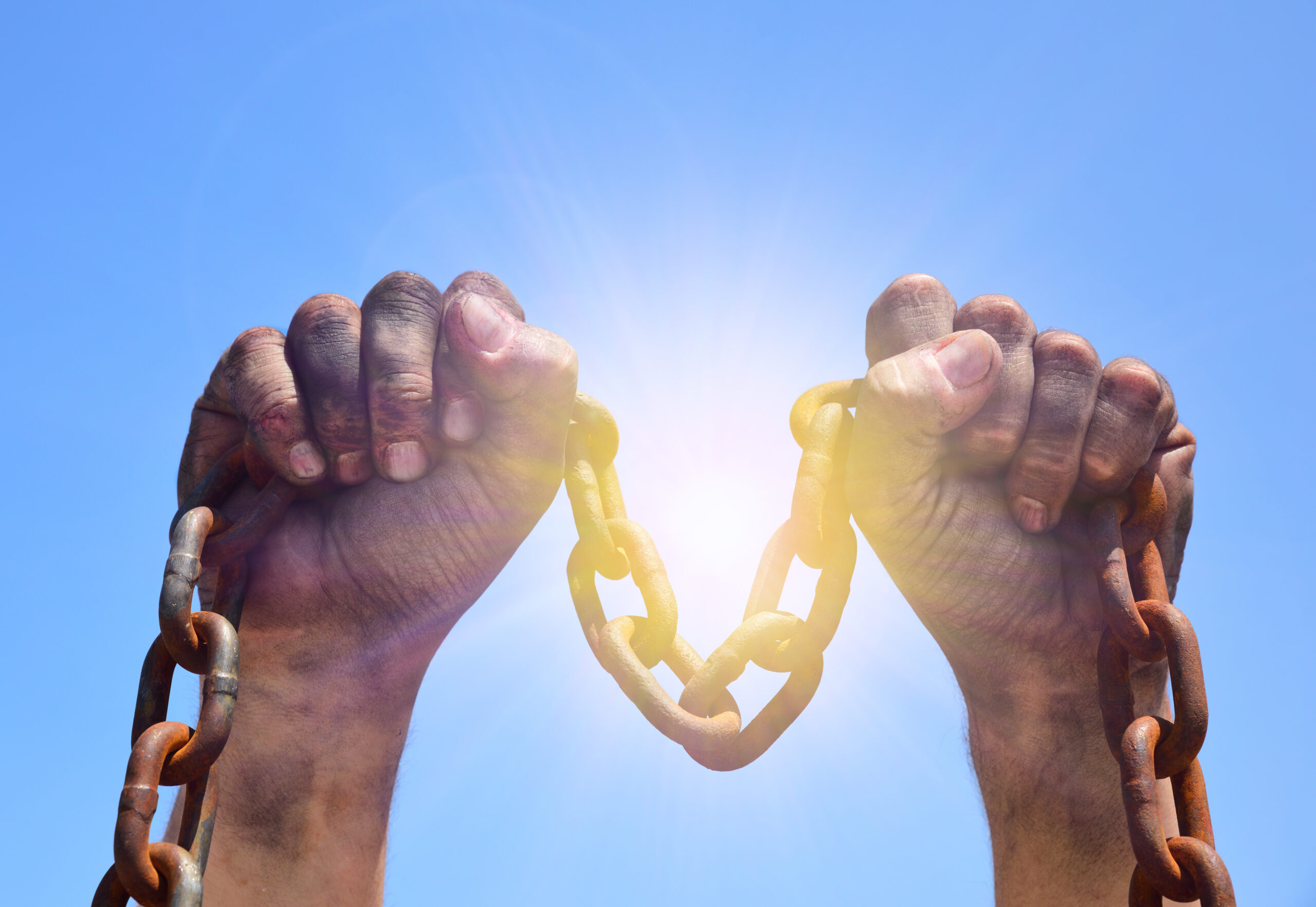The Unspoken Struggle: Mental Health in the Black Community
Today we’re going to talk about something that’s often swept under the rug, especially in the Black community – mental health. As we continue to celebrate Mental Health Awareness Month, it’s important to shine a light on the unique challenges faced by the Black community when it comes to mental health. You see, for far too long, there has been a stigma surrounding mental illness in this community, and it’s time we address it head-on.
The Elephant in the Room
Let’s be real, folks. The Black community has been through a lot – centuries of oppression, discrimination, and systemic racism have taken a toll on our mental well-being. And yet, we’ve been taught to “suck it up” and “be strong.” But here’s the thing: being strong doesn’t mean ignoring our mental health struggles. It means having the courage to acknowledge them and seek help. I know what you’re thinking, “But Mondy, seeking help is easier said than done.” And you’re absolutely right. There are numerous barriers that make it difficult for Black individuals to access mental health services, including lack of culturally competent care, mistrust of the healthcare system, and financial constraints.
Breaking the Cycle
But here’s the thing, my friends: we can’t let these barriers stop us from taking care of our mental health. It’s time we break the cycle of silence and start having open and honest conversations about mental illness in the Black community. Imagine a world where seeking therapy is as normal as going to the supermarket. Where we can talk about our struggles with anxiety, depression, or trauma without fear of judgment or stigma. That’s the world I want to live in, and I know you do too.
A Call to Action
So, what can we do? Well, for starters, we can educate ourselves and our loved ones about mental health. We can learn to recognize the signs and symptoms of mental illness and encourage each other to seek help when needed. We can also advocate for better access to culturally competent mental health services in our communities. This means demanding more Black mental health professionals, more resources, and more support from our leaders and policymakers. And most importantly, we can be there for each other. We can listen without judgment, offer support, and remind each other that it’s okay to not be okay sometimes.
A Personal Note
Now, I know this might seem like a heavy topic, but trust me, it’s one that’s close to my heart. You see, I’ve had my own struggles with mental health over the years, and it wasn’t until I sought help that I truly started to heal. And let me tell you, it wasn’t easy. There were times when I felt ashamed or embarrassed, but I realized that there’s nothing to be ashamed of. Mental illness is just like any other illness – it’s not a weakness, it’s a health condition that deserves to be treated with compassion and care.
A Brighter Future
So, my friends, let’s continue to have these important conversations. Let’s break down the barriers and stigma surrounding mental health in the Black community. And let’s work together to create a world where everyone, regardless of their race or background, can access the mental health support they need and deserve. Because at the end of the day, we’re all human. We all have struggles, and we all deserve to live happy, healthy, and fulfilling lives. And that’s something worth fighting for. Stay strong, my friends. And remember, you’re not alone.










